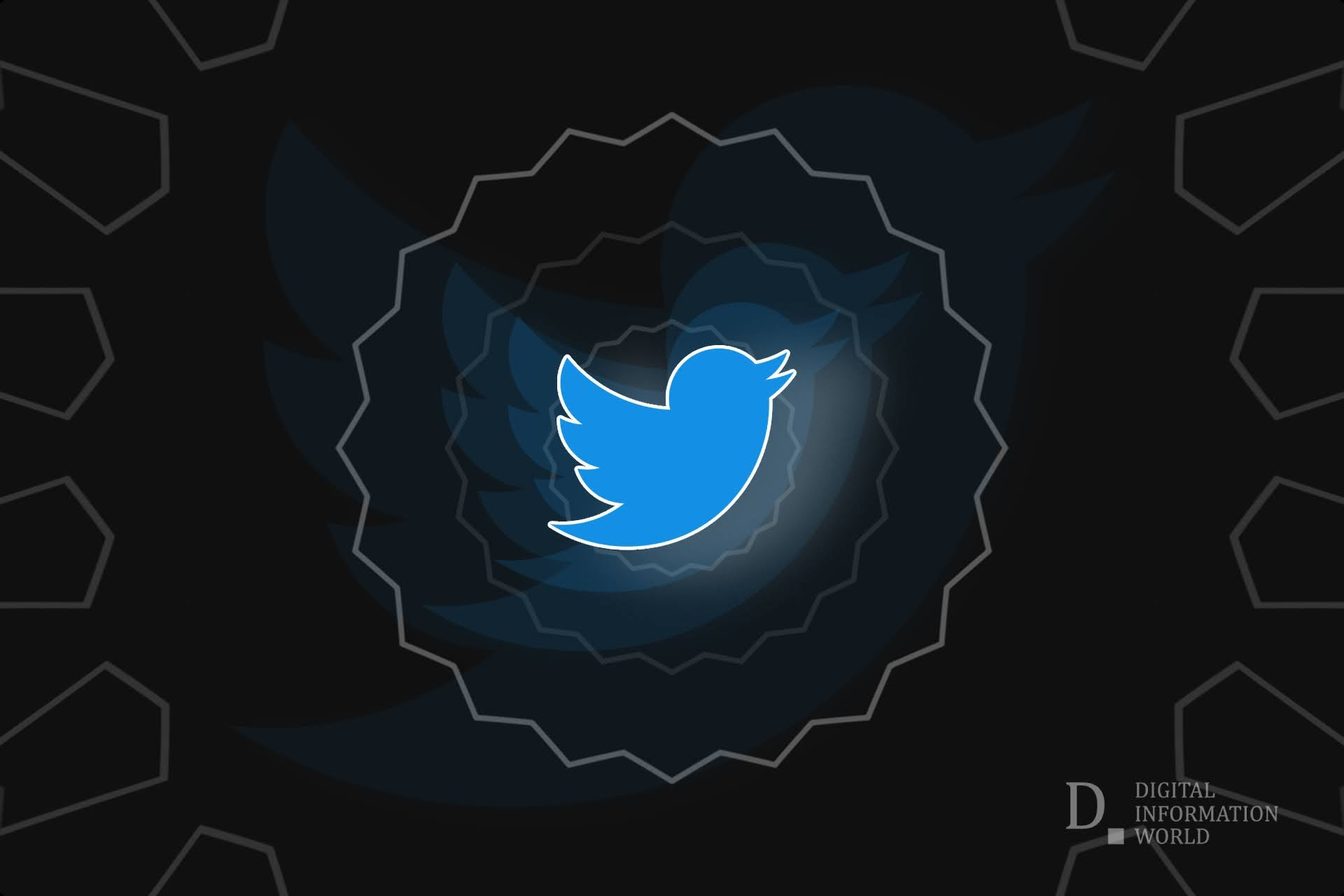Elon Musk, the man behind Tesla and SpaceX, has devised a scheme to distribute a portion of Twitter's ad revenue to a limited set of accounts. His objective? To attract the top creators to his platform. But wait, can he go to such heights just to be the talk of the town? Probably yes. Fortunately or unfortunately, inevitable consequences are emerging now. While some have already begun to profit from their tweets, it is unclear whether this shift would transform the creative economy or attract prominent participants from other platforms.
Twitter recently revealed that creators may earn a living directly on the site by tapping into the company's ad income. Doesn't it sound like a dream? But not so quickly. Accounts must be subscribed to Twitter Blue, pass "human review," and have 5 million monthly impressions in the last three months to qualify.
According to Taylor Lorenz, the first wave of rewarded producers appears to trend towards the trollish, right-wing spectrum, reflecting Musk's inclinations. Andrew Tate, Ian Miles Cheong, Rogan O'Handley, and the enigmatic End Wokeness have all made the cut. What a fascinating crew!
It's all part of Musk's grand strategy to compete with YouTube and its direct payouts to producers. He's been attempting to entice the most popular YouTube performers with promises of more incredible deals. But here's the catch: most YouTubers still regard Twitter as a supplementary platform for expressing their ideas and promoting their YouTube work. Musk's charm effort does not appear to be working.
To make matters worse, Twitter has become more glitchy, spammy, and less enjoyable. It's like entering a wild west duel between bots and trolls. It's no surprise people are turning to TikTok and Meta's new platform, Threads, for a more peaceful and less hate-filled experience.
While Musk seeks to attract talent and alter the game, he should learn from YouTube's rocky monetization history. The site has been accused of favouring controversial producers and inconsistently demonetizing channels. Every change to their payment policy generates a reaction similar to the infamous Adpocalypse of 2017.
Many of YouTube's top stars do not rely primarily on ad money. They acquire brand relationships and investigate new revenue streams, such as item sales. Consider MrBeast, who spends millions on his jaw-dropping videos. Partnerships, not advertisements, generate the majority of his money. It's an entirely other universe.
So, who would give up the predictability of YouTube views for Musk's uncertain world? We don't know who will join Twitter's ad income club just yet, but one thing is sure: Musk may miss out by raising the monetization standard too high.
Unfortunately, Twitter's standards exclude smaller accounts that do not have brand relationships. Musk's proposal appears to be more of a cash cow for his friends than a significant game changer. Will his ambitious scheme be a resounding triumph or a Twitter storm of squandered opportunities? Can Twitter yet again handle this mess or not? The only way to know is to wait and see.
Read next: Twitter Rolls Out Mega Change To Ward Off Spam From Users’ Inboxes
Twitter recently revealed that creators may earn a living directly on the site by tapping into the company's ad income. Doesn't it sound like a dream? But not so quickly. Accounts must be subscribed to Twitter Blue, pass "human review," and have 5 million monthly impressions in the last three months to qualify.
According to Taylor Lorenz, the first wave of rewarded producers appears to trend towards the trollish, right-wing spectrum, reflecting Musk's inclinations. Andrew Tate, Ian Miles Cheong, Rogan O'Handley, and the enigmatic End Wokeness have all made the cut. What a fascinating crew!
It's all part of Musk's grand strategy to compete with YouTube and its direct payouts to producers. He's been attempting to entice the most popular YouTube performers with promises of more incredible deals. But here's the catch: most YouTubers still regard Twitter as a supplementary platform for expressing their ideas and promoting their YouTube work. Musk's charm effort does not appear to be working.
To make matters worse, Twitter has become more glitchy, spammy, and less enjoyable. It's like entering a wild west duel between bots and trolls. It's no surprise people are turning to TikTok and Meta's new platform, Threads, for a more peaceful and less hate-filled experience.
While Musk seeks to attract talent and alter the game, he should learn from YouTube's rocky monetization history. The site has been accused of favouring controversial producers and inconsistently demonetizing channels. Every change to their payment policy generates a reaction similar to the infamous Adpocalypse of 2017.
Many of YouTube's top stars do not rely primarily on ad money. They acquire brand relationships and investigate new revenue streams, such as item sales. Consider MrBeast, who spends millions on his jaw-dropping videos. Partnerships, not advertisements, generate the majority of his money. It's an entirely other universe.
So, who would give up the predictability of YouTube views for Musk's uncertain world? We don't know who will join Twitter's ad income club just yet, but one thing is sure: Musk may miss out by raising the monetization standard too high.
Unfortunately, Twitter's standards exclude smaller accounts that do not have brand relationships. Musk's proposal appears to be more of a cash cow for his friends than a significant game changer. Will his ambitious scheme be a resounding triumph or a Twitter storm of squandered opportunities? Can Twitter yet again handle this mess or not? The only way to know is to wait and see.
Read next: Twitter Rolls Out Mega Change To Ward Off Spam From Users’ Inboxes

